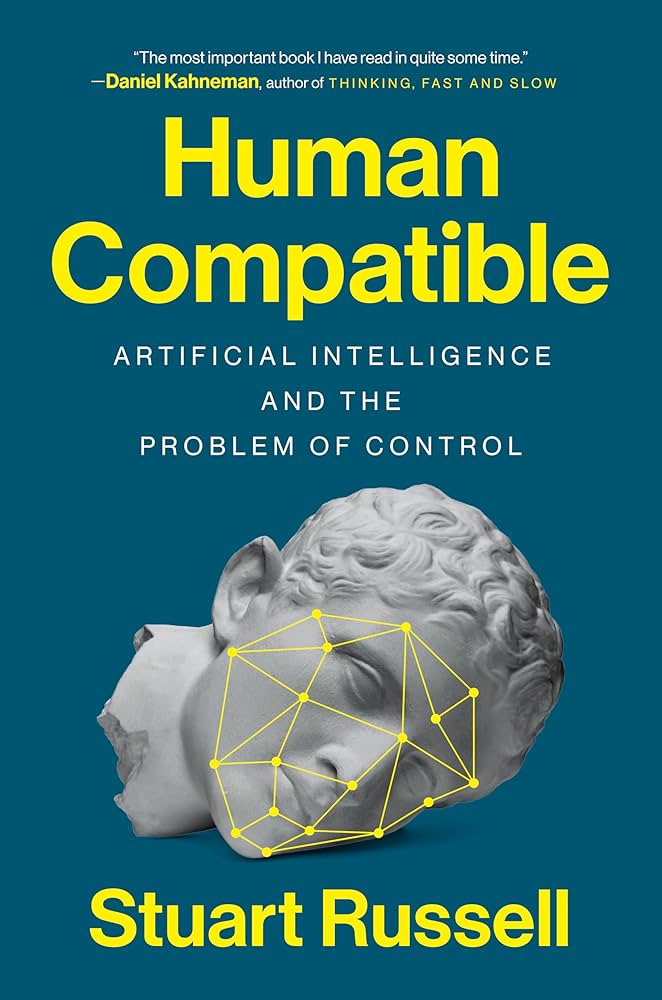Human Compatible: A Blueprint for Building AI That Aligns with Human Values

Source: Stuart Russel
Stuart Russell’s book "Human Compatible" has raised profound questions about the alignment of AI systems with human values. This month, it has become a cornerstone for discussions on the ethical implications of artificial intelligence, especially for product managers who play a pivotal role in shaping AI-powered products.
Ethical AI: The Core Premise of "Human Compatible"
The book argues that AI systems should be designed to act in ways that are provably aligned with human goals and values. Russell highlights the potential dangers of misaligned AI, emphasizing the need for caution and rigorous testing.
"There’s only a limited amount that AI researchers can do to influence the evolution of global policy on AI. We can point to possible applications that would provide economic and social benefits; we can warn about possible misuses such as surveillance and weapons; and we can provide roadmaps for the likely path of future developments and their impacts." - Stuart Russel
For product managers, this translates to a responsibility to prioritize ethical considerations during product design and development. By integrating ethical AI principles, teams can avoid unintended consequences while building trust with users.
Practical Applications for Product Teams
One of the key takeaways from "Human Compatible" is the importance of transparency. Product managers can adopt practices such as explainable AI, ensuring that users understand how decisions are made. Additionally, regular audits of AI models can help identify and mitigate biases, fostering fairness and inclusivity.
Another critical aspect is user feedback. By involving users in the design process, product teams can ensure that AI systems address real-world needs without overstepping ethical boundaries.
Looking Ahead
As AI continues to evolve, the principles outlined in "Human Compatible" serve as a guiding framework for building products that align with human values. The book’s insights are especially relevant for industries where AI decisions have significant societal impacts, such as healthcare, finance, and transportation.
💡 Key Takeaway:
Stuart Russell’s "Human Compatible" provides a roadmap for creating AI systems that align with human goals. For product managers, it highlights the importance of ethics, transparency, and user involvement in AI development.
💭 Final Thoughts
The concepts from "Human Compatible" remind us that AI is not just a technological challenge but also a deeply human one. By prioritizing ethical alignment, product teams can build solutions that truly benefit society while mitigating risks.
About the Author
Cyrille Gattiker is a Lead Product Owner specializing in AI-driven product development. He combines technical expertise with business acumen to create strategies that leverage AI for innovation and data-driven decision-making. Author of "Smart Commerce: The AI-Driven Future of e-Business", Cyrille is passionate about the transformative potential of AI in product management.
🗣️ Comments
This article has been published more than a week ago, so new comments are closed.